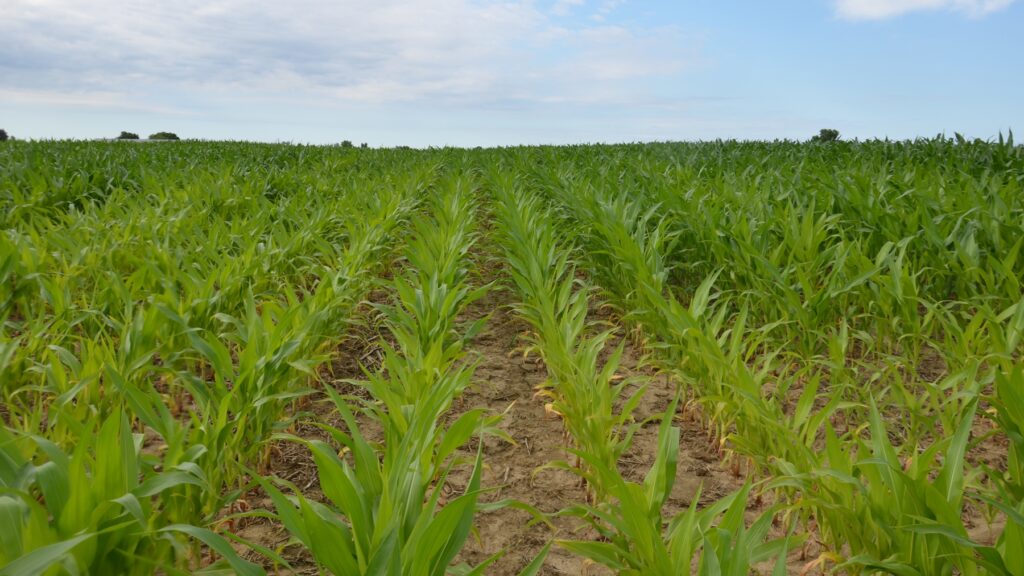
Why Taking Risks is Crucial to Success in Farming
Farming is an industry that’s always moving forward. Farmers are constantly looking for new ways to boost yields, improve quality, and increase profitability. But in order to make these improvements, farmers have to be willing to take risks.
Risk-taking is a crucial part of farming because it’s the only way to move beyond the status quo. If farmers are unwilling to try new things, they’ll never be able to innovate and improve. But taking risks can be scary. It means putting time, money, and effort into something that might not work out.
So why is risk-taking so important in farming? Here are a few reasons:
1. Innovation Drives Progress
Innovation is the lifeblood of any industry, and farming is no exception. Every time a farmer tries something new, they’re contributing to the collective knowledge base of the industry. They’re helping to create new techniques, technologies, and practices that can benefit farmers for generations to come. Without risk-taking, innovation would stagnate, and farming as an industry would suffer.
2. Challenges Breed Resilience
Farming is an industry that’s fraught with challenges, from weather fluctuations to pest infestations to supply chain disruptions. But every time a farmer faces a challenge head-on, they’re building resilience. They’re learning how to adapt to new situations, how to pivot when their plans don’t work out, and how to keep moving forward in the face of adversity.
3. Growth Requires Change

If farmers want to keep growing their business and expanding their operations, they need to be willing to change. This means trying out new crops, testing different growing methods, and exploring new marketing channels. It means taking calculated risks and learning from both success and failure.
Of course, taking risks in farming isn’t always easy. It can be scary to invest time, money, and effort into something that might not pan out. But there are ways to minimize the risks of risk-taking. Farmers can start small with pilot projects, test out new concepts on a small scale to minimize potential losses, and be open to learning from failures.
Ultimately, taking risks in farming is a necessary part of progress. If farmers want to stay ahead of the curve, they need to be willing to try new things, experiment with new approaches, and embrace the unpredictable. By doing so, they’ll be helping to build a brighter future for themselves, their industry, and their communities.













